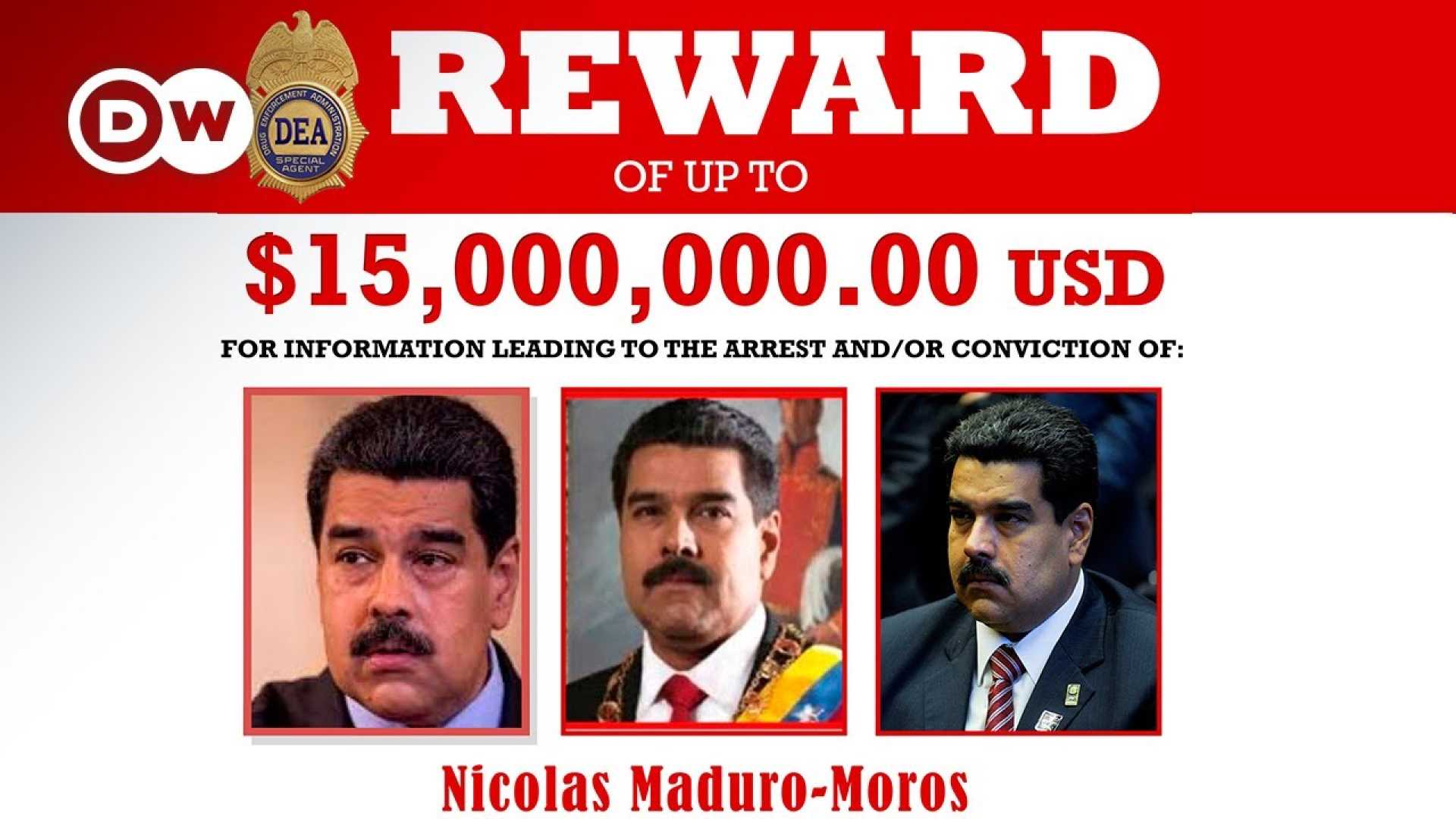Politics
U.S. Doubles Reward for Maduro to $50 Million Amid Rising Tensions

WASHINGTON, D.C. — The relationship between the United States and Venezuela has taken a new turn as the Trump administration has increased the reward for information leading to the arrest of President Nicolás Maduro to $50 million. This significant escalation comes amid allegations that Maduro is the leader of the Cartel of the Suns, a group accused of drug trafficking and corruption.
On August 7, 2025, U.S. Attorney General Pam Bondi announced the heightened reward, arguing that Maduro poses a serious threat to national security by trafficking drugs into the U.S. “He is one of the biggest drug traffickers in the world,” Bondi stated in a video posted on social media.
The designation of the Cartel of the Suns as a terrorist organization opens the door to further economic sanctions, blocking assets of designated individuals found within the U.S. The Trump administration’s past accusations against Maduro, dating back to 2020, allege that he leads a criminal network deeply embedded in Venezuela’s political and military structures.
Venezuelan officials, including Foreign Minister Yván Gil, have dismissed the accusations as extreme and baseless. Gil referred to the doubling of the reward as a “ridiculous smokescreen.”
The reward for Maduro initially stood at $15 million when it was first announced in March 2020. Following a brief hiatus, the reward was increased to $25 million by Biden’s administration before reaching its current level of $50 million.
Citing allegations of narcoterrorism and corruption, the U.S. government continues to target prominent Venezuelan officials, including Diosdado Cabello, a high-ranking member of Maduro’s inner circle, who has also dismissed U.S. claims as fabrications.
The U.S. government maintains that the Cartel of the Suns has corrupted various branches of the Venezuelan government and military. This assertion has been challenged vehemently by Maduro, who insists that no drug cartel operates in Venezuela.
Despite occasional dialogue regarding economic collaborations, such as the operation of Chevron in the country and prisoner exchanges, the recent increase in the reward marks a return to heightened scrutiny and pressure from Washington.
The accusation of Maduro’s criminality reflects a larger narrative struggle between the U.S. and Venezuela, with each side portraying vastly different images of the situation. As tensions simmer, analysts suggest that the ongoing conflict could have broader implications for international relations and Maduro’s standing both domestically and abroad.












